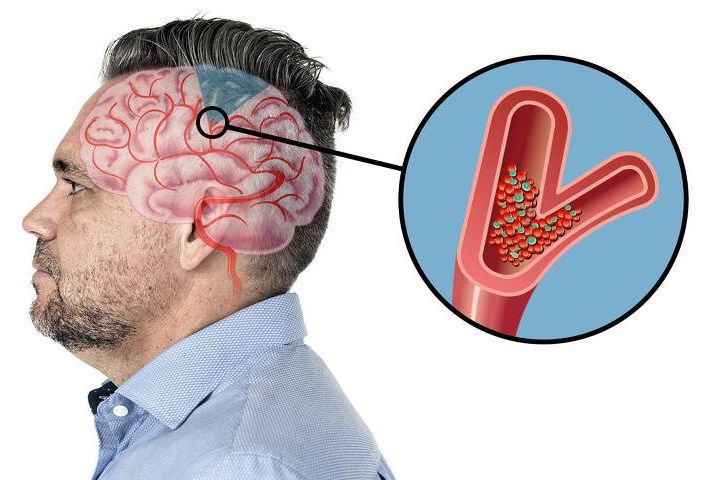Time for my yearly proselytizing for PBS UK’s Rough Science. Awesome educational show where a bunch of scientists are dumped on an island and have to work together to make something crazy out of local scavenged materials.
The group is taken to a disused prison on the island where they have to determine the longitude and latitude of the island, create a radio from a saucepan and create an insect repellent.




